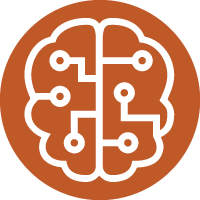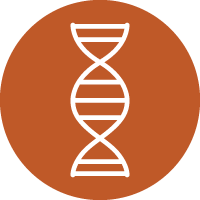With more than 850 computing researchers, Texas Computing offers unparalleled expertise in all aspects of computing from atoms to algorithms to applications.
Below are several research areas and cross-cutting applications where Texas has assembled world-class expertise.
Research Areas

AI & Machine Learning
Leading research in machine and deep learning from the theoretical to the application level, including how AI and people interact.

Data Science
Developing new modes of scientific discovery in the era of big data.

Computational Science
Addressing science, engineering and medicine grand challenges through mathematical modeling, scalable algorithms and advanced computing.

Robotics
Advancing the capability of robotics in application including social, medical, manufacturing, and defense.

Human-Computer Interaction
Working to develop human-technology partnerships to build an equitable and productive future.

High Performance Computing
Operating the most powerful high performance computing resources at any university in the world.

Computer Systems
Advancing core computing technologies to advance a wide variety of industries and application areas.

Formal Methods & Programming Languages
Using mathematics to assist with the specification, design, implementation, and verification of computing systems and languages.

Quantum Computing
Developing the materials, system designs, algorithms, and theoretical underpinnings for quantum information processing.

Cybersecurity
Improving the security and privacy of technology to make the world, and our lives, safer.
Cross-Cutting Applications

Computational Health & Medicine
Integrating computation into health and medicine to improve outcomes for patients and communities.

Energy & Environment
Developing new and renewable energy sources, and preserving the environment, using computing power and expertise.

Natural Hazards
Improving resilience to natural hazards through improved forecasting, planning and engineering.

Transportation
Designing the future of transportation — from autonomous vehicles to AI-optimized traffic patterns.